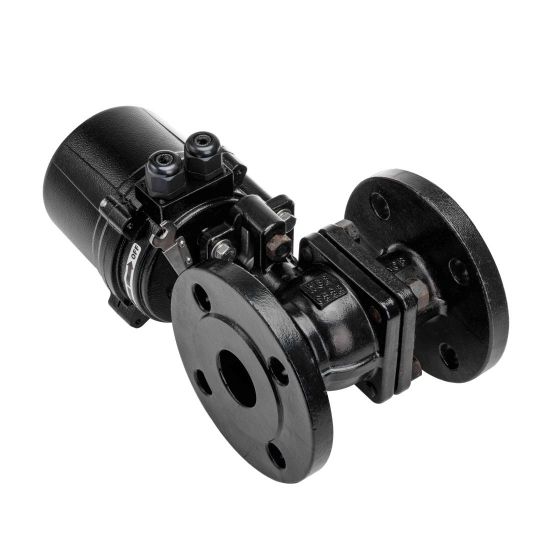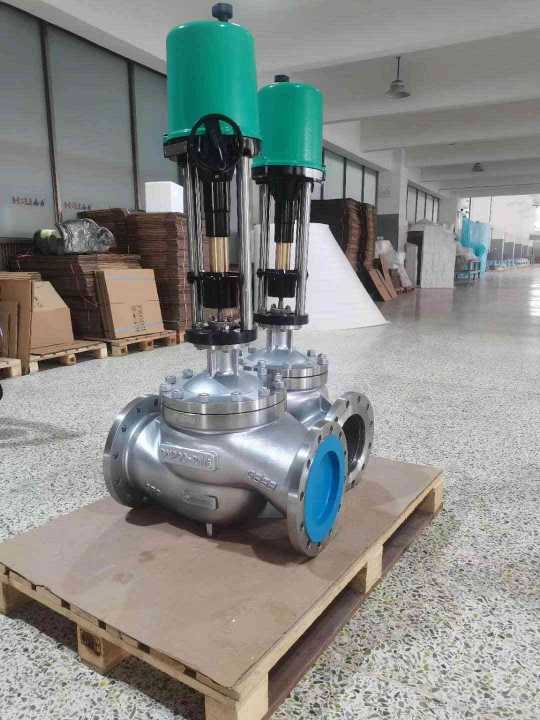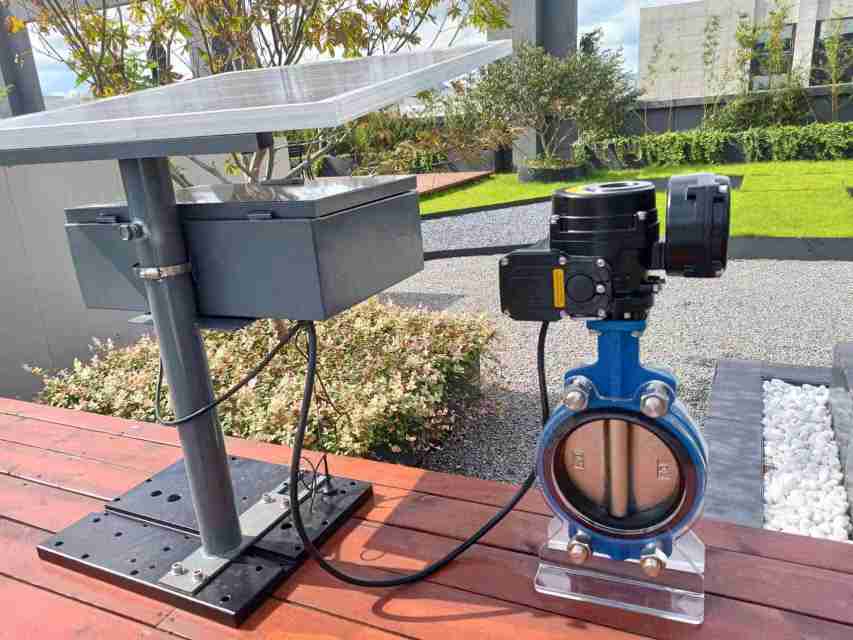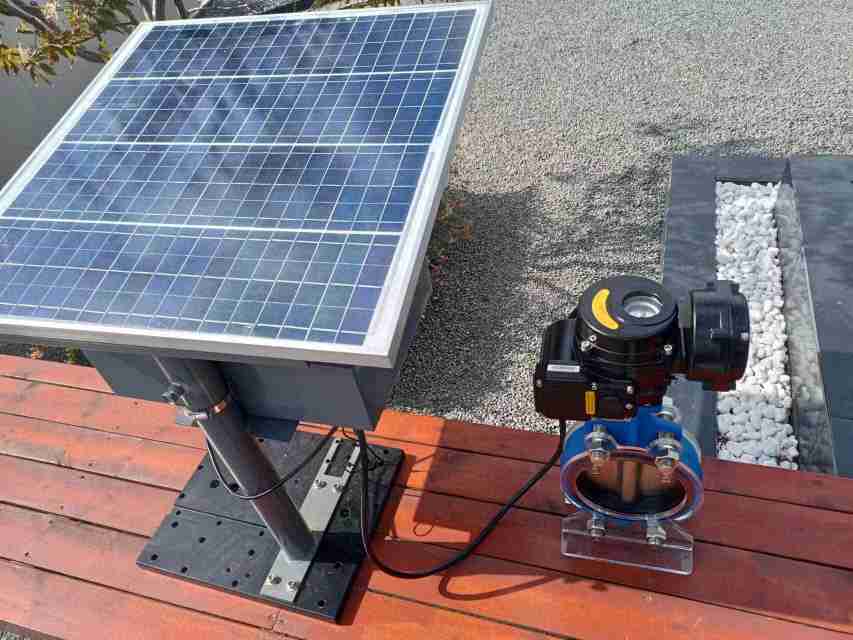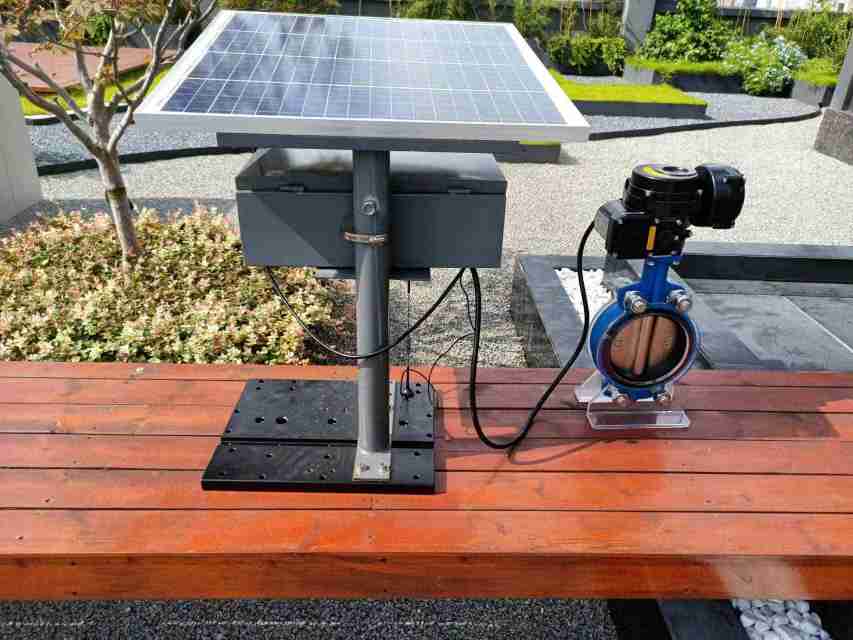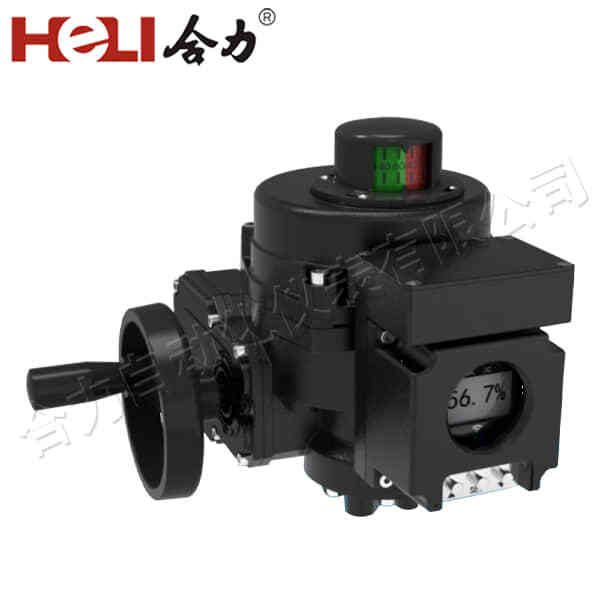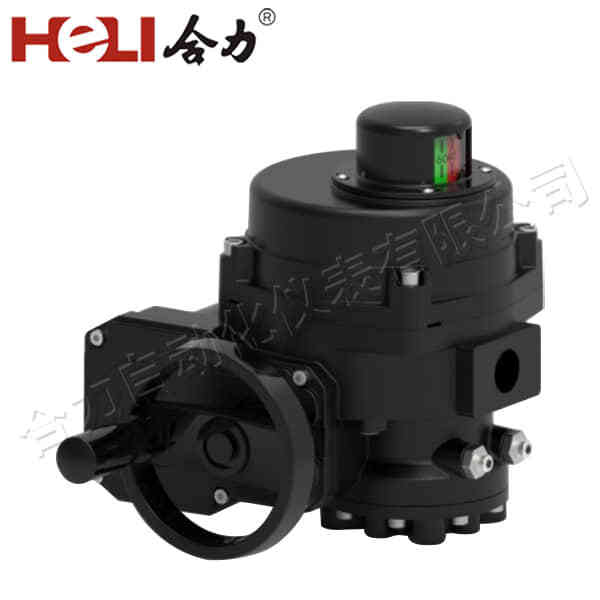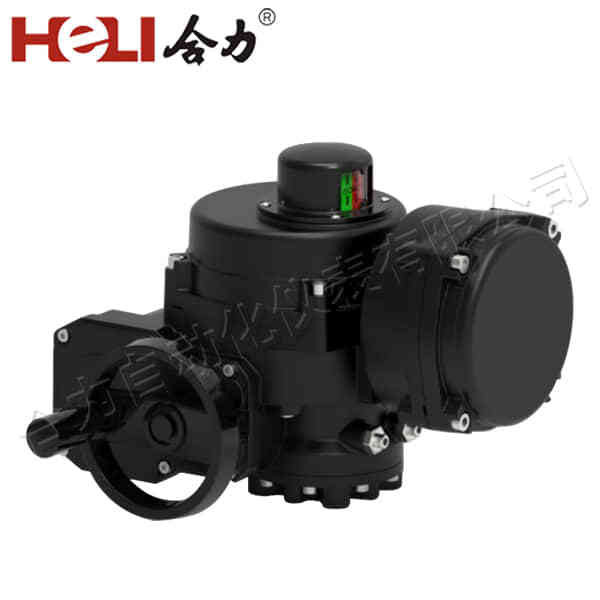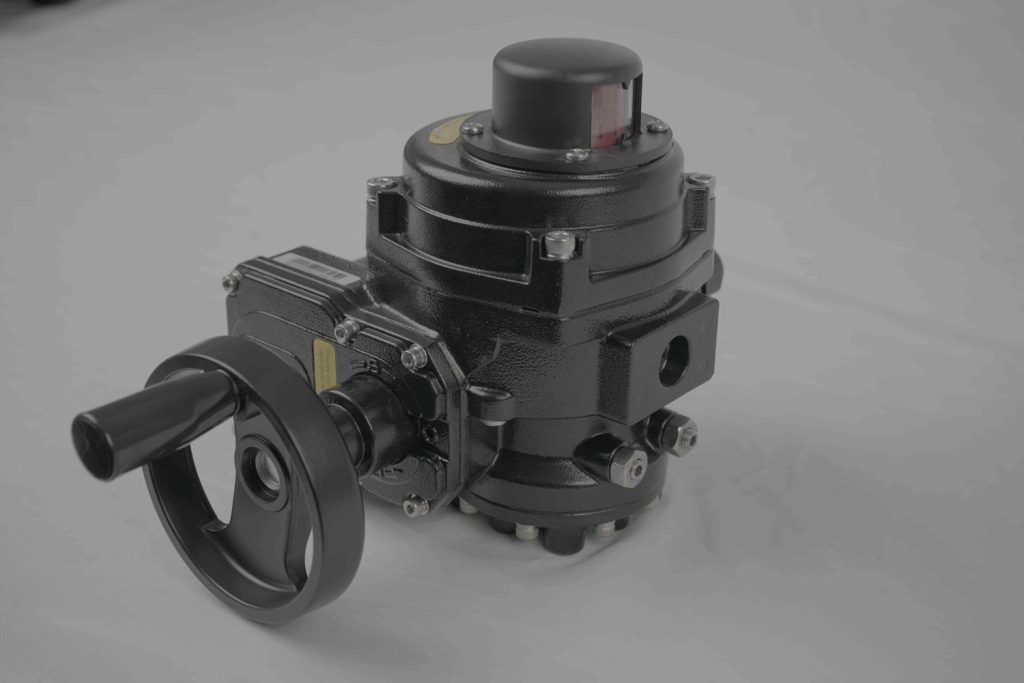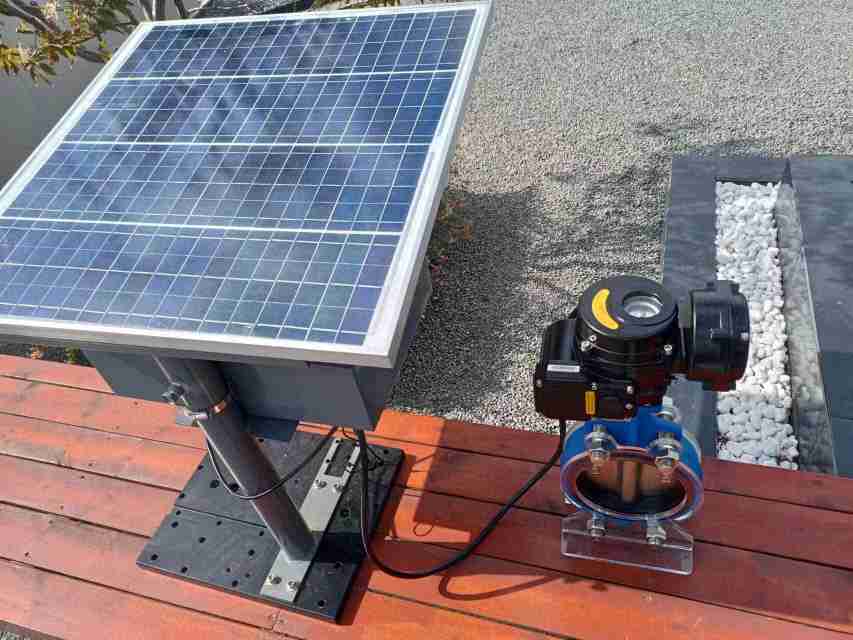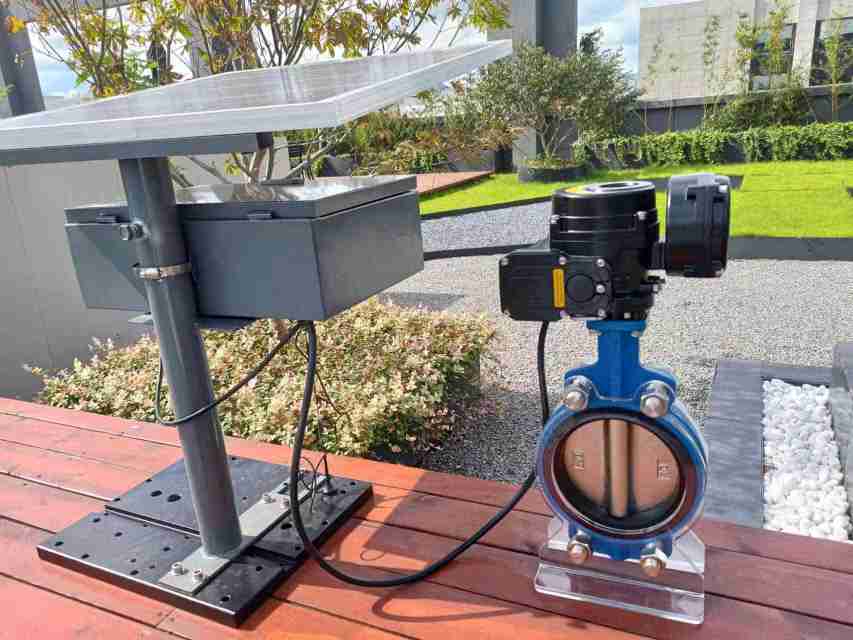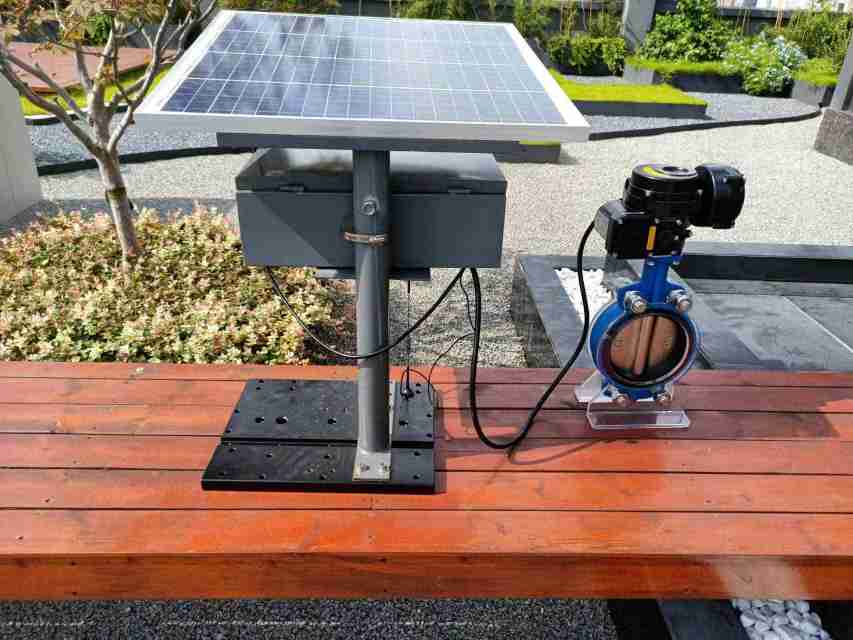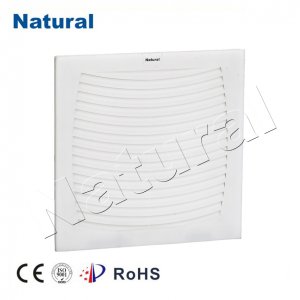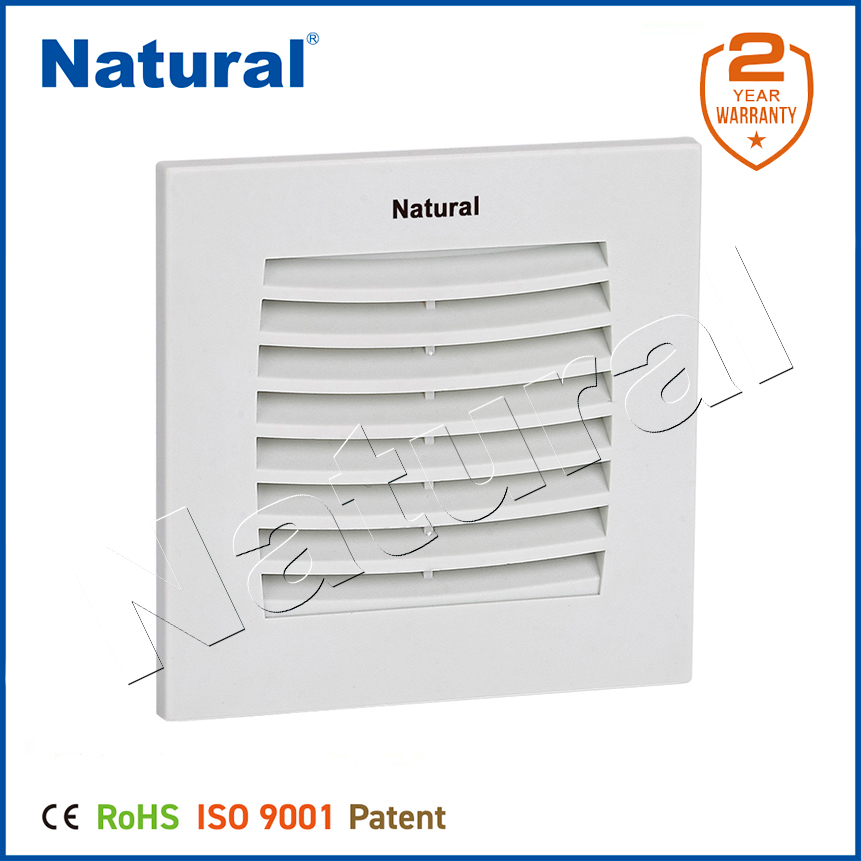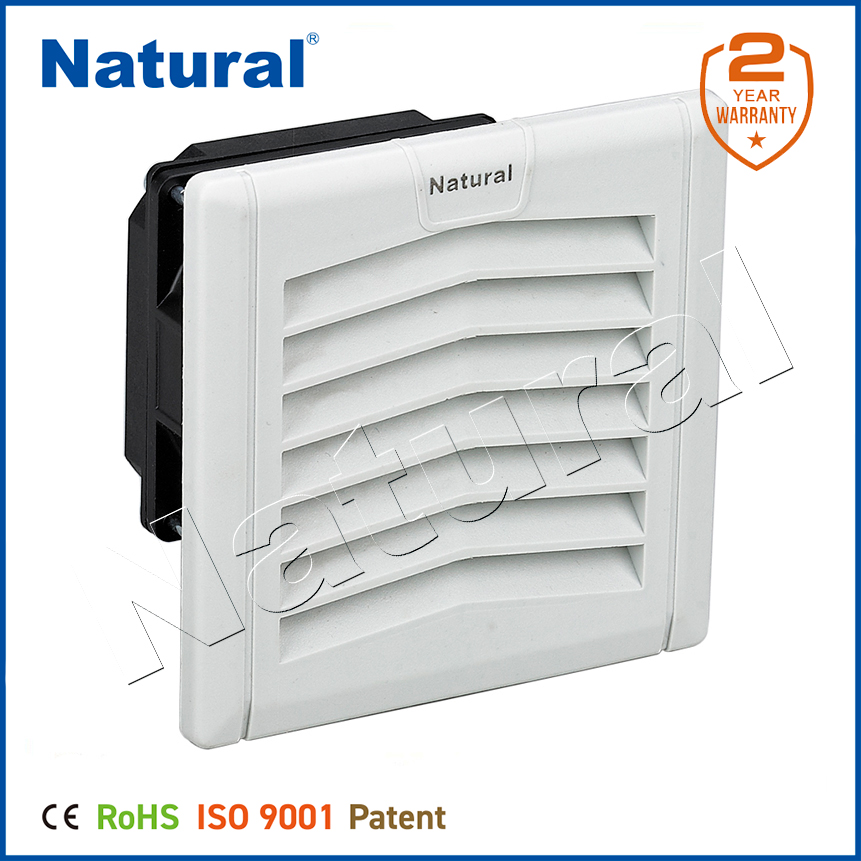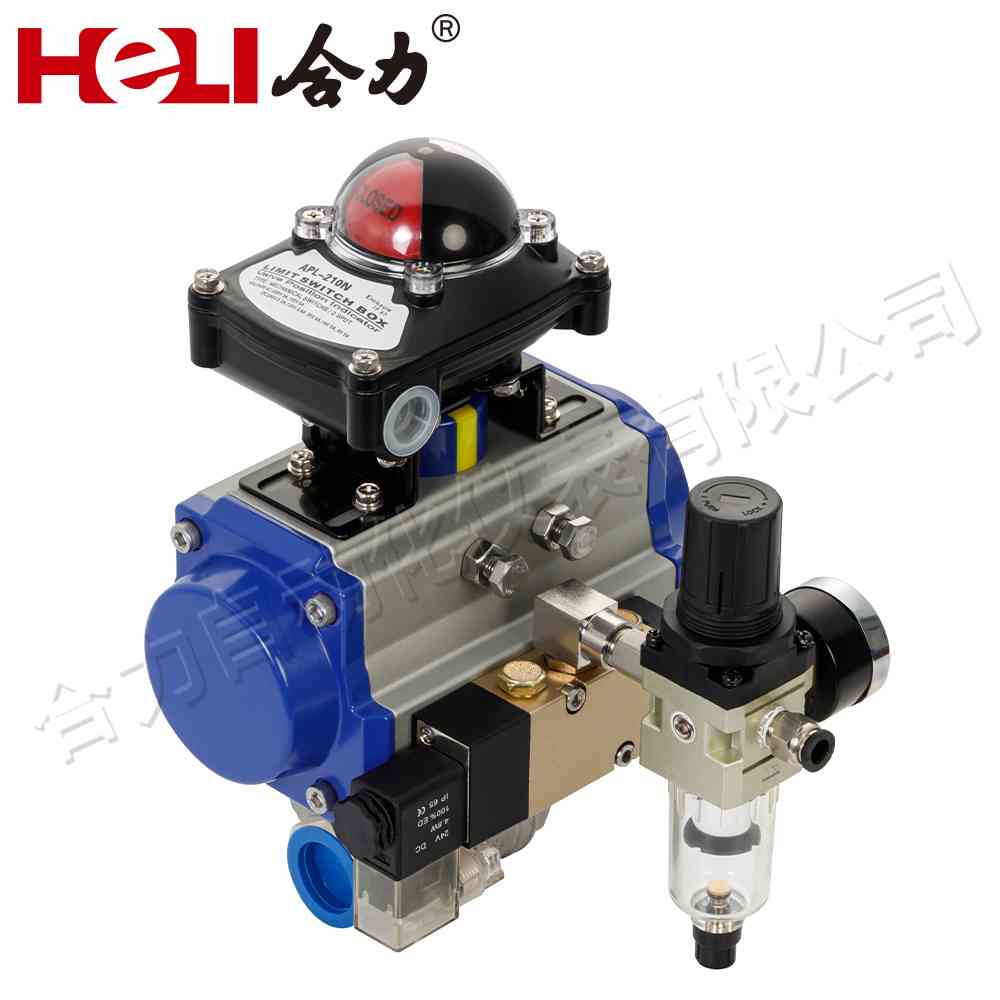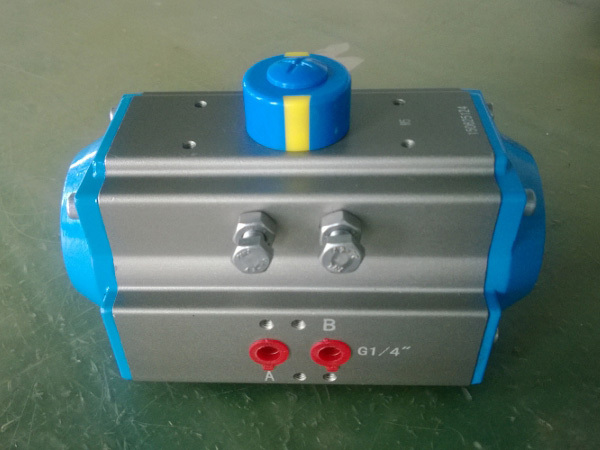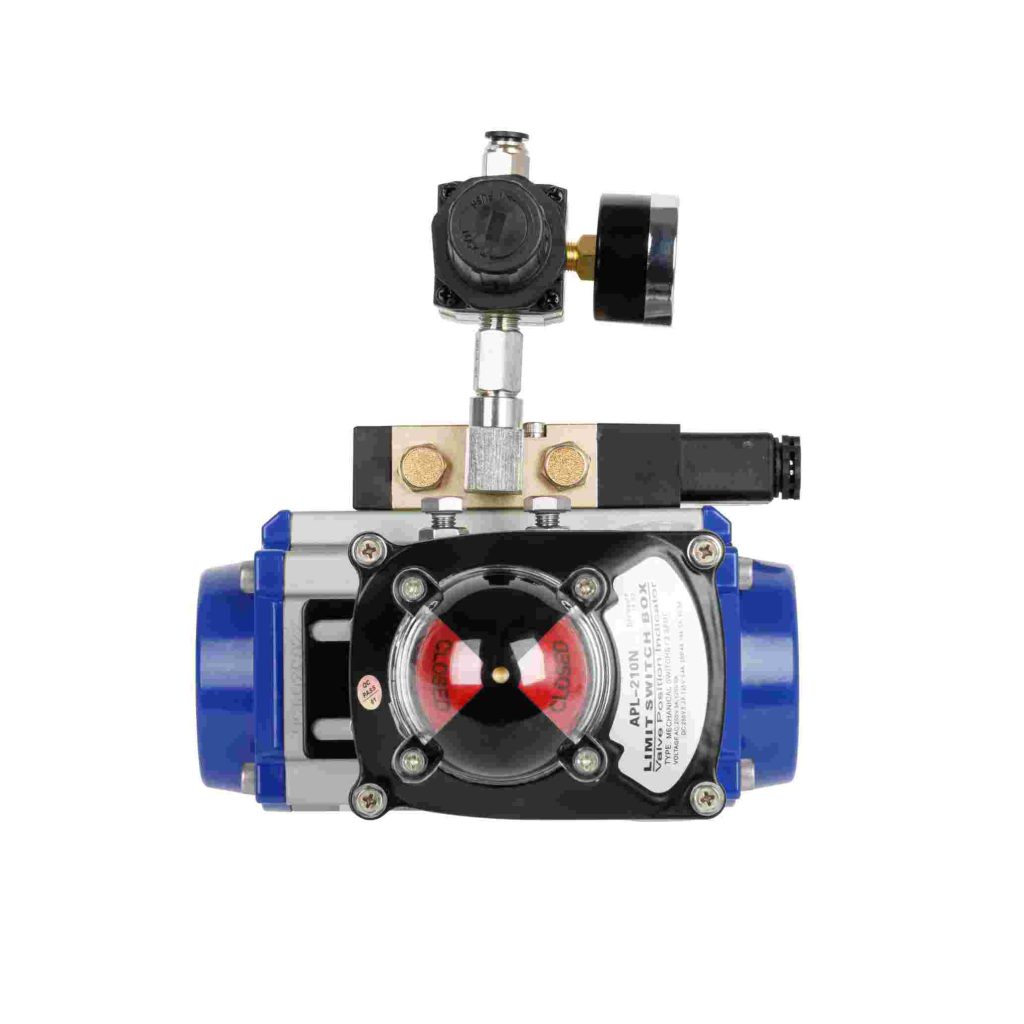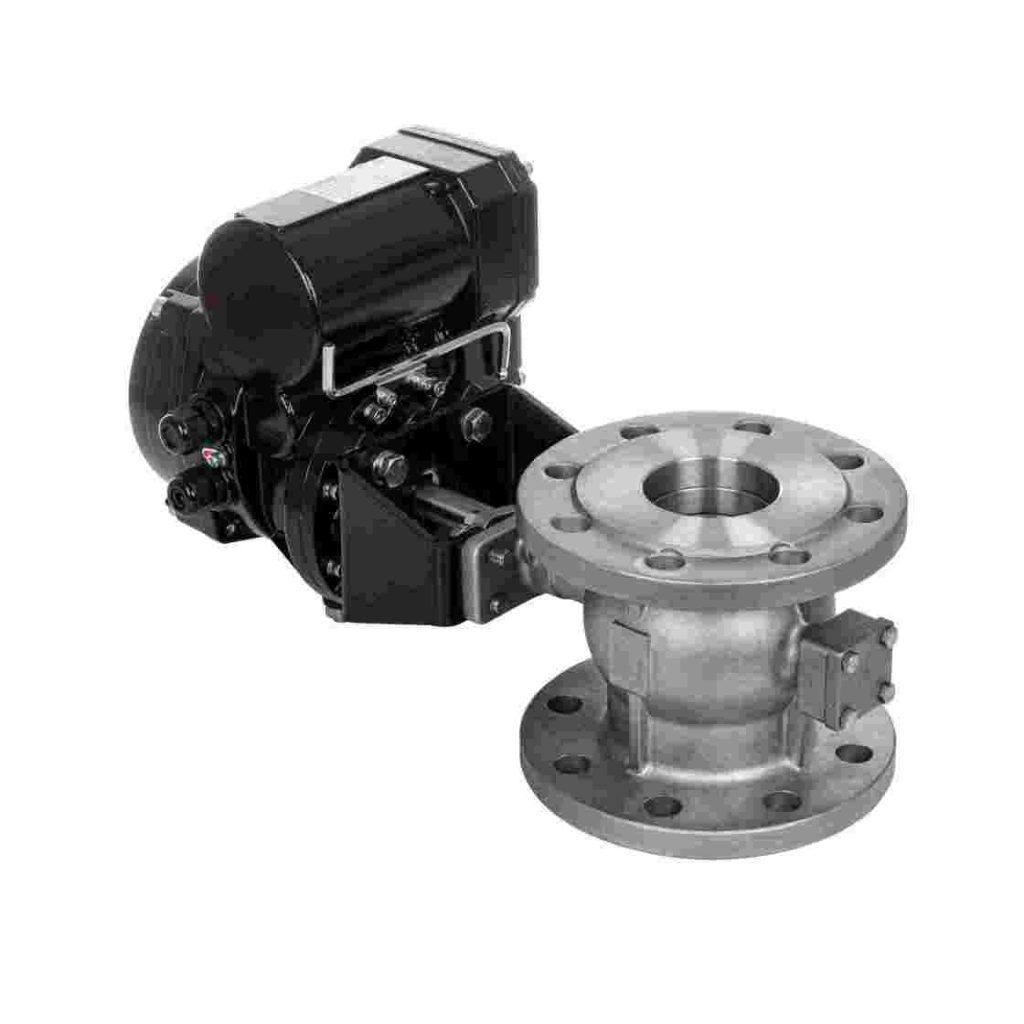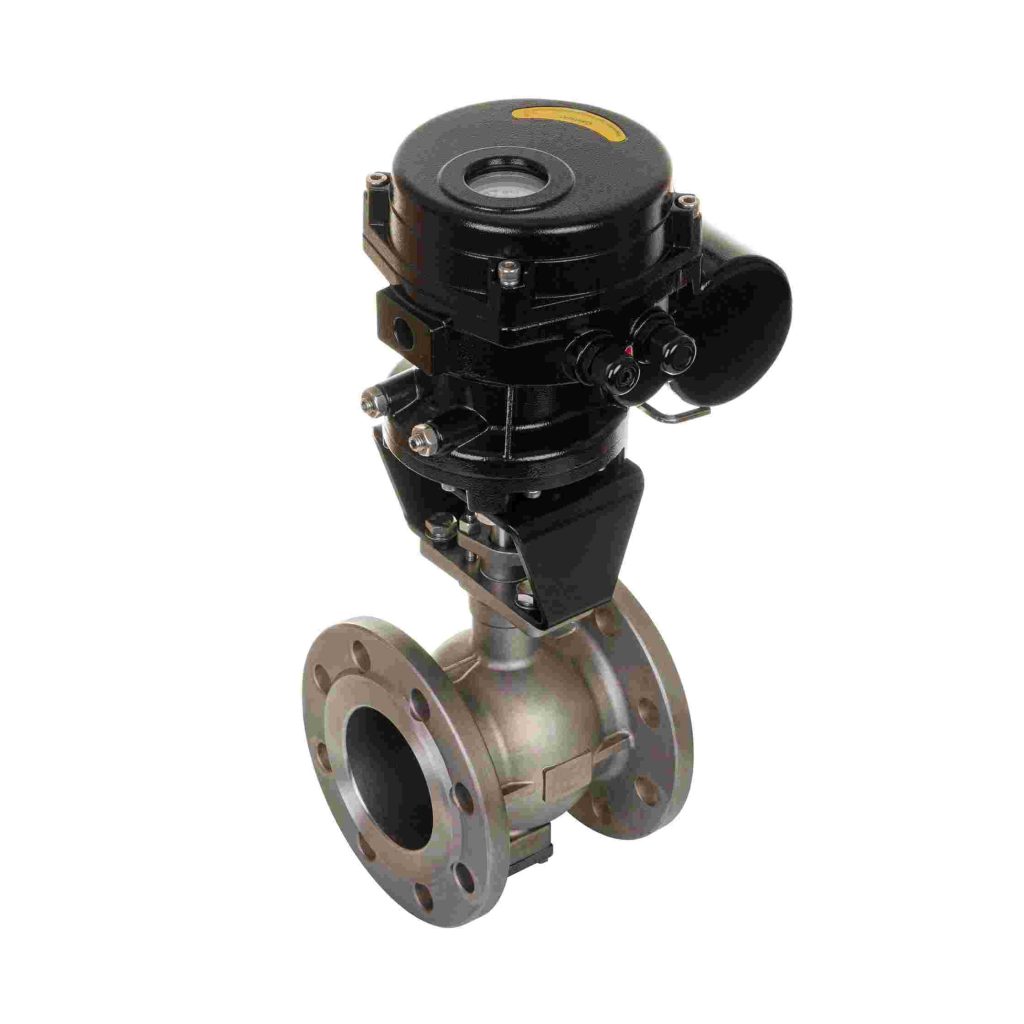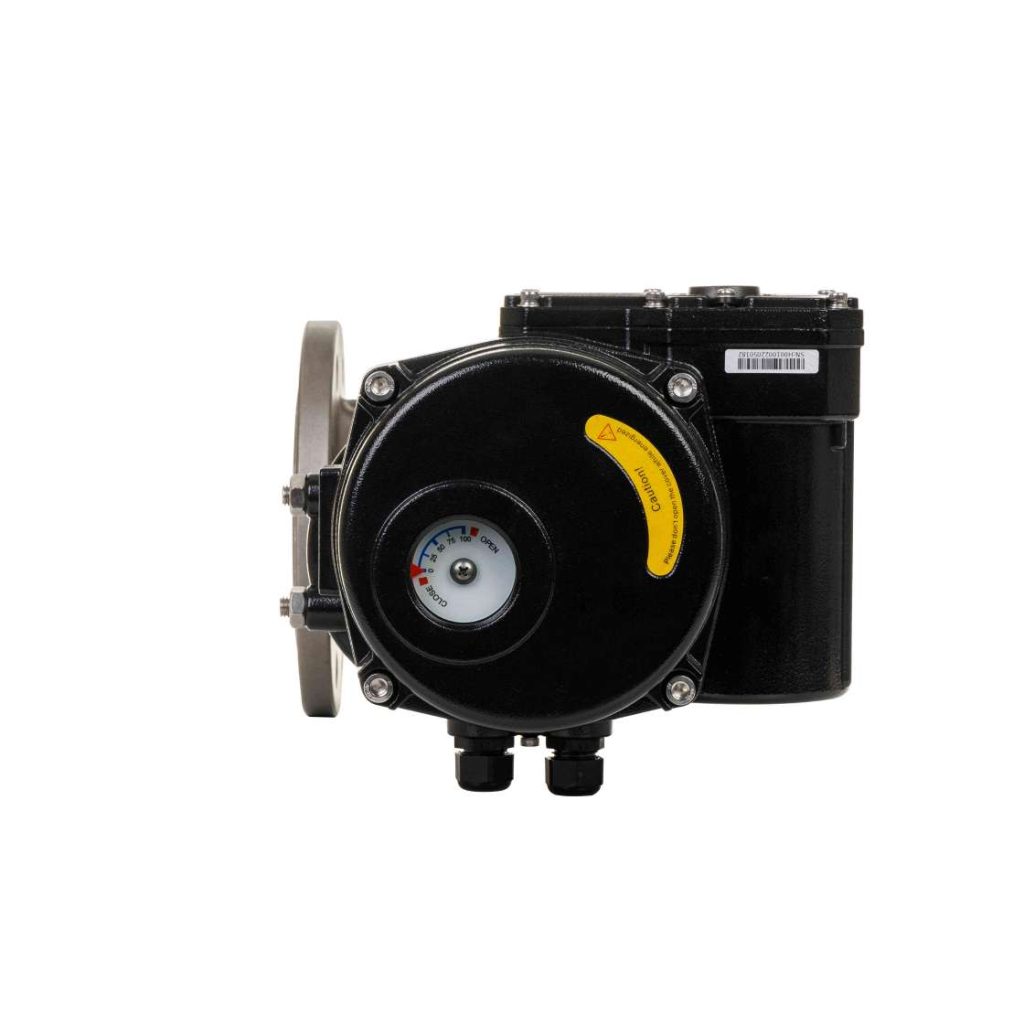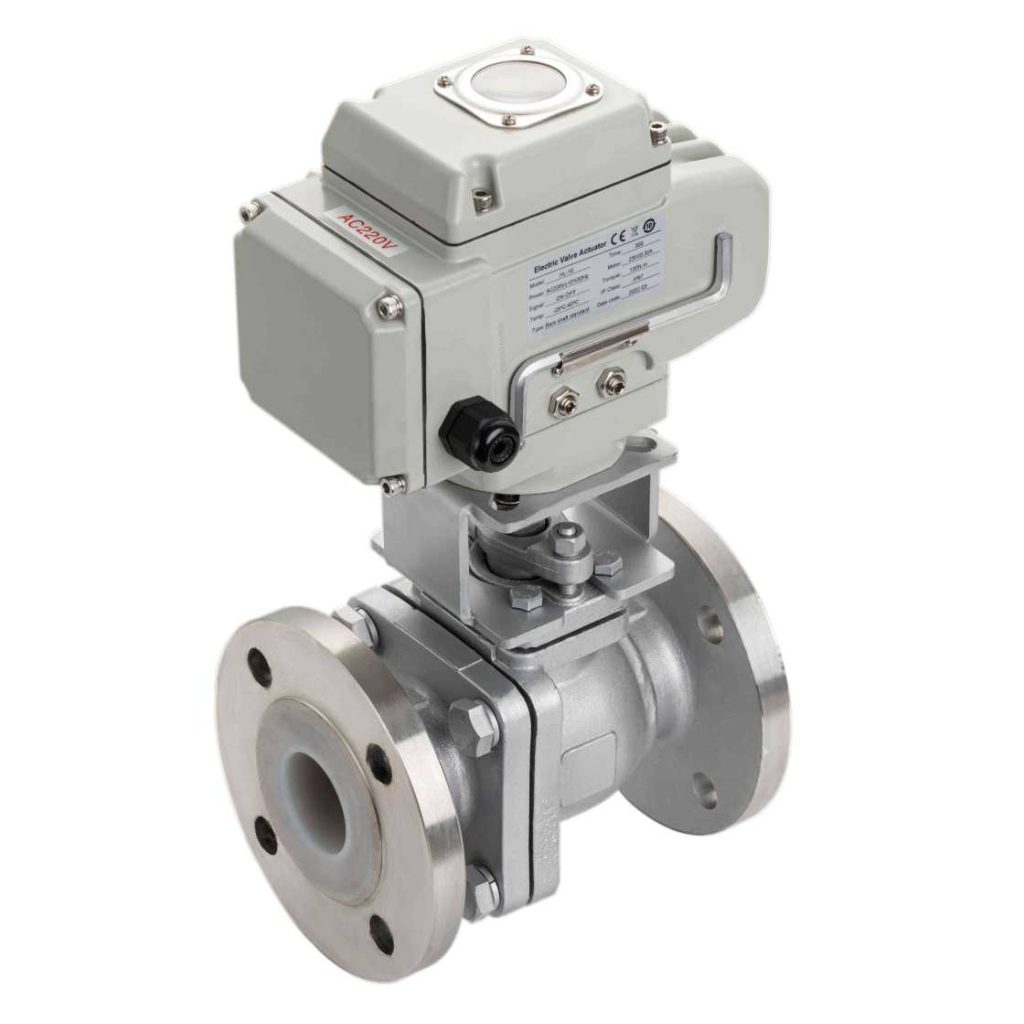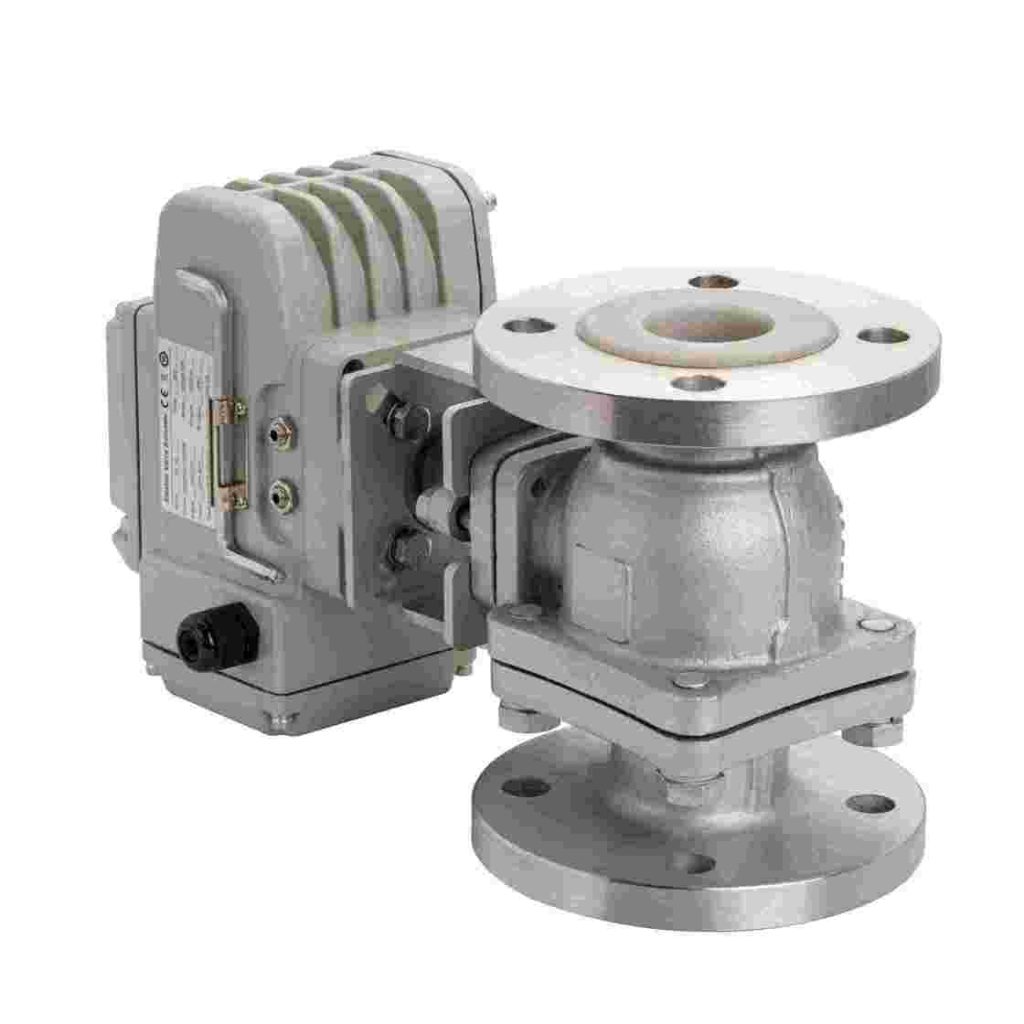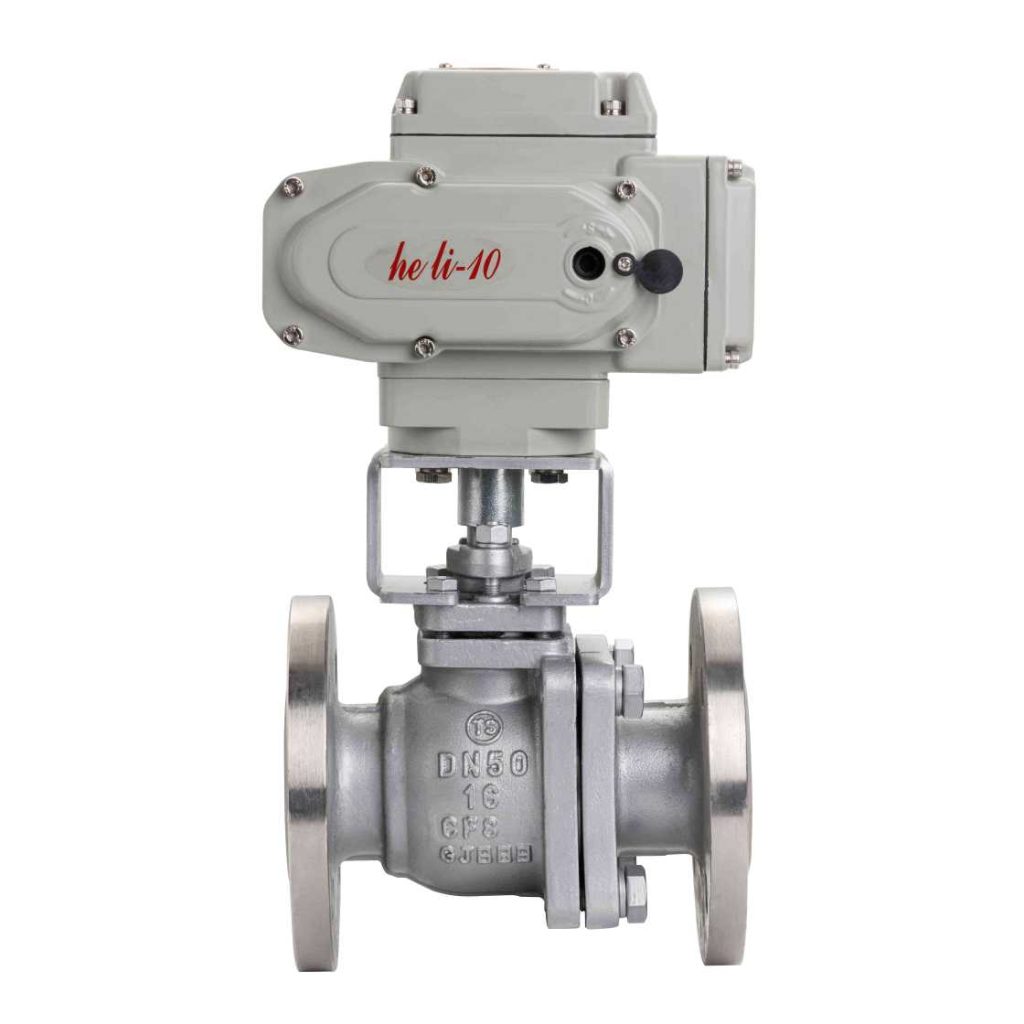Stainless steel electric high temperature ball valves are integral components in modern industrial systems, especially in demanding applications where reliability, durability, and precision control are paramount. These valves are designed to manage the flow of fluids or gases in high-temperature environments, offering enhanced performance, longevity, and ease of operation. One company that stands out in the development and production of these advanced valves is Helix Automation, a leader in the automation sector.
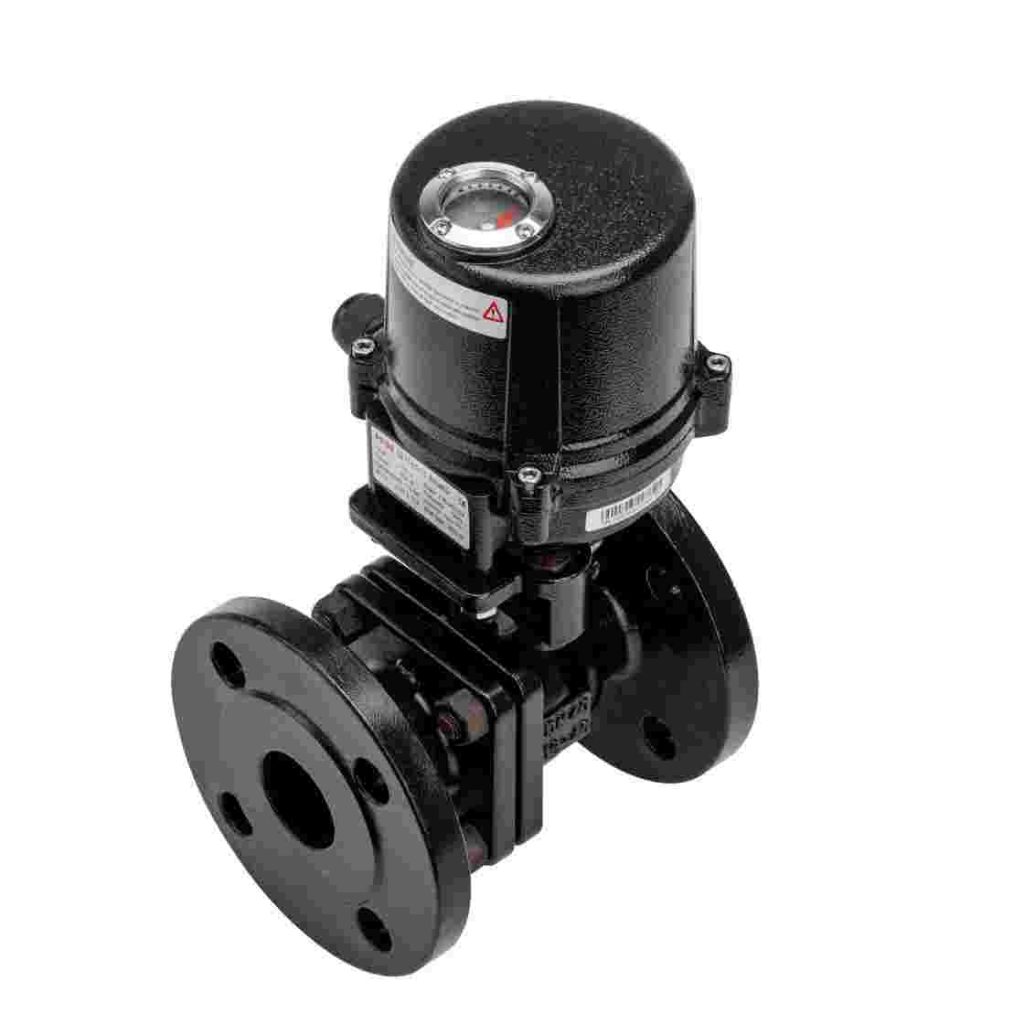
Introduction to Stainless Steel Electric High Temperature Ball Valves
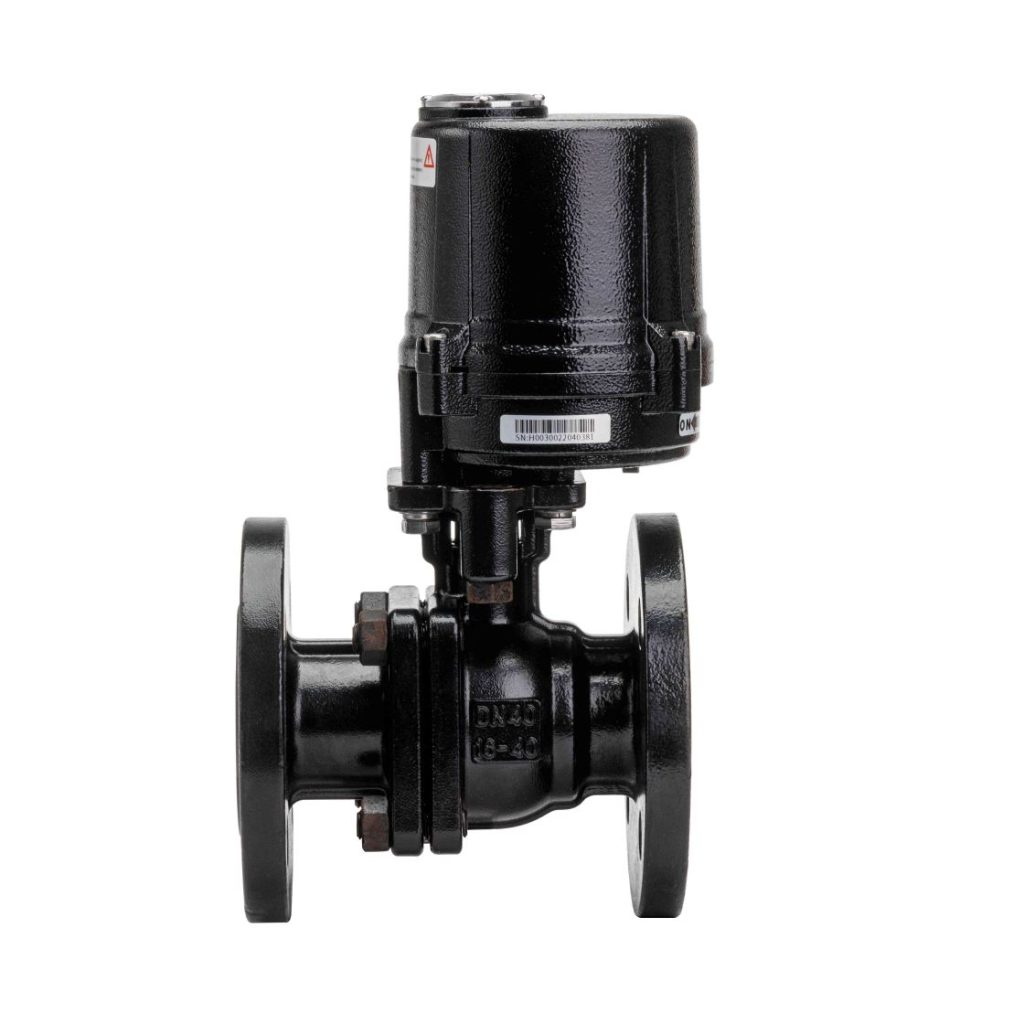
A ball valve is a type of valve that uses a spherical disc, known as the ball, to control the flow of fluids or gases. In electric ball valves, an electric actuator is used to rotate the ball, enabling or blocking the flow. This design allows for precise control of the flow rate, making it suitable for a wide range of industrial processes. When combined with stainless steel, known for its corrosion resistance and ability to withstand high temperatures, these valves offer exceptional performance in harsh environments. Stainless steel electric high temperature ball valves are ideal for industries such as oil and gas, chemical processing, power generation, and food production, where fluid temperature often exceeds standard operating limits. These valves are designed to operate seamlessly even in environments where temperatures can range from 150°C to 500°C (300°F to 900°F). The high temperature resistance makes them crucial in systems dealing with steam, hot gases, or aggressive chemicals.
